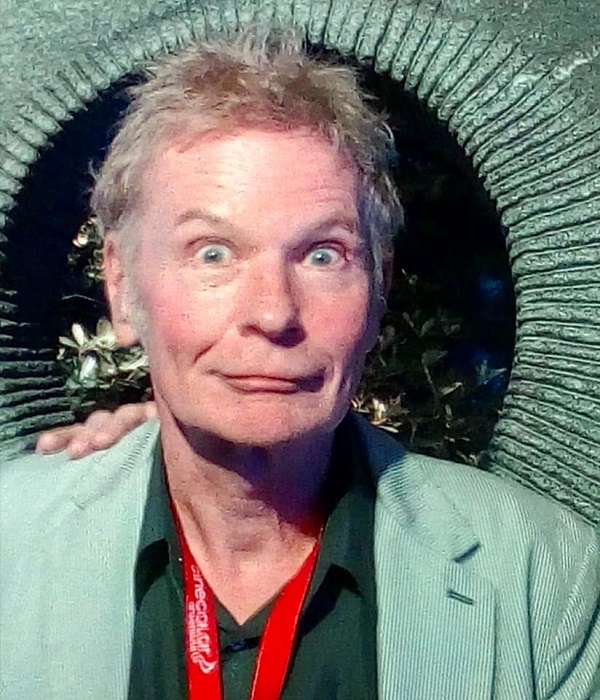What does it mean to “tell” Cuba? The foreigner perspective about such a particular reality necessarily imply a certain vision, but at the same time it can mean to have a different approach. And which is the best way, for such a multilayered portrait, if not cinema: mutual union of images, motion and sound, in revolution like the roll in reel? This is Julien Temple's power and his Habaneros (UK, 2017, '136), in Latinamerican premiere at 21° Bafici, Buenos Aires Festival of International Independent Cinema, pays an extraordinary homage to this land, tenacious and sensual as its inhabitants.
The film goes through Cuban history from the origin to contemporary, marking the fundamental steps which led to the edification of the inextinguishable spirit known as cubanidad. Unfolding a two and a half years process of research and filming, it shows history as much as it gives voice to specific and different interpretations of facts: to Cuban people of today who, despite cyclones and embargo, bureaucracy and Trump, keep on living in Cuba.

Interviews alternate with unpublished video-photographic material from historical Cuban archives, restored and digitalised in 4K, and with emblematic films as I am Cuba and Memories of Underdevelopment, unforgettable witnesses of an era. The magic of the documentary is fulfilled by music, as images pass in front of the bystander with the most varied Cuban rhythms. “The best in the world”, as Julian Temple affirm, telling about the moment when he had imagined with Mick Jagger a concert of the Rolling Stones in Havana – which would make history – “a show to pay the debt to inspiring Cuban riffs, as for Sympathy for the Devil”. Therefore going through centuries of Cuban history, one can hear traditional themes as Manicero and Bebo Valdés ones, as well as contemporary folk singers and rappers.
Nevertheless impeccable editing of high quality audio-video material is not the greatest result of this film, whose special feature is to be able to show, in a very direct and balanced way, what Cuba passed through in the past and what still occurs today. Being by a British director this film testifies both the interest for Cuba still high around the world and the need to have a distant perspective when telling still hot facts. Indeed Temple's power lies in explaining them to the world, because foreigners' idea about Cuba reflects decades of myths, built in the collective imaginary with multiple subjective views. Finally this impartial documentary can be useful to have a fresh look at what is nos longer a myth, but a twist, a unique evolution of 20th century history, which keeps on fascinating the world.

“I've tried to make a balanced film and I hope it gets to Cuban people”, explains Temple, who would like to take it to the next December 2019 edition of Habana International Festival of the New Cinema. “To those Cubans who are able to see good things as well as bad ones; I made my film for them. Their situation is not easy and it is amazing how they manage to hold on.”
The British director tells a long part of history – in more than hours, passing instantly – of course with some emotional involvement, though with no partiality, giving back a different image, where mythologising give space to humanity. Because the whole world tries to understand Cuba, that nevertheless remains so romantically inexplicable for those who cannot see it with their own eyes – and few of them manage to see behind the facade of Buena Vista Social Club, Mojitos and Chevrolets – and there is where Habaneros gets. Not specifically for Europeans, Latinos or Americans. But for all who have read in her image a reason for their own quest in the world. Temple's documentary does not give answers, but new questions, given by today's Cuban men and women. Not to end myth, but to give a sight about how it keeps on being a much more human reality than what people know. The reality of a magnetic Caribbean island which has its own way to live history. And become immortal through it.
Publicaciones relacionadas

Obras de García Márquez para celebrar Halloween
Octubre 30, 2024
Cerrado por obras: Museo Sorolla
Octubre 29, 2024
La Mascarada llena de color y vida a Costa Rica
Octubre 28, 2024
















